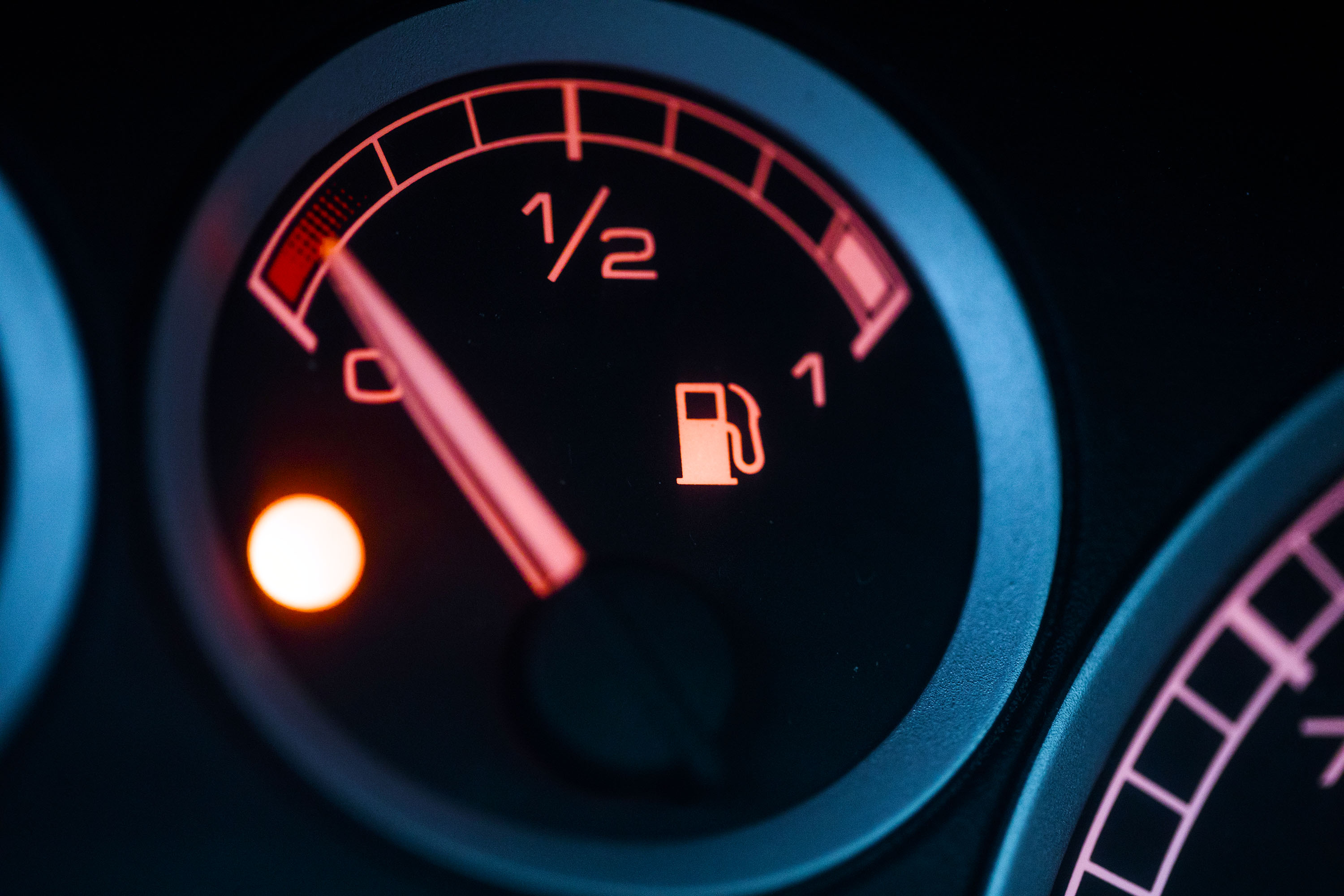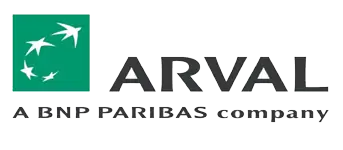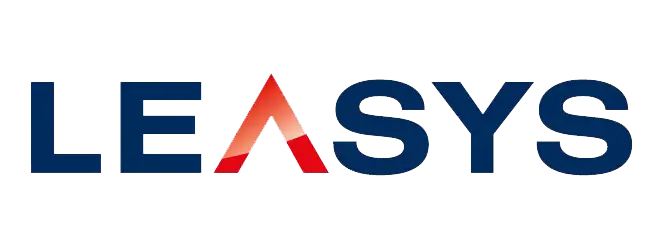
Making your Gallon Go Further
Fuel prices are no joke, and they are only going to rise in the near future. However, all is not lost. A few small changes can help you get the most out of every litre. At Express Vehicle Contracts, we want to keep you on the road for less.
When looking to reduce your on-road costs, the first thing is to scout out your local petrol stations and check out the prices at the pump. Different companies will charge slightly different amounts and prices are usually lower in areas with more competition.
When you fill up your car, how much weight you carry and how you drive affect how much petrol or diesel you use. Here are a few tips to help you drive more efficiently and keep more of your hard-earned cash.
Don't leave it too long to fill up
Eeking out that last drop of fuel and driving around with the warning light on is a reality for many. However, you should avoid this as much as possible. When your tank is that low, you risk sucking dirt and general detritus from the bottom of the tank into your engine. Doing this reduces the engine's efficiency and risks an expensive trip to the garage.
Reduce your speed
The quicker you drive, the more fuel you use. Most cars are at optimum efficiency between 45 and 50 miles per hour. On motorways driving just 10mph over the 70mph speed limit risks costing you an additional 25% fuel. That is a lot of fuel, and if you're caught speeding, you also risk fines and points on your licence.
Drive smoothly
Ensuring you are in the right gear and watching how you brake help your car's efficiency. Being in the wrong gear or continually speeding up and braking are dangerous and use more fuel. Knowing the road, anticipating other drivers, and watching out for road signs all help make your driving smoother and, therefore, cheaper.
Reduce your load
Clear any clutter from your car and only carry what you need. When not in use, remove your roof box. There is some dissagreement as yto how much difference a roof box makes to your fuel efficency, but it is extra weight. The shape of your roofbox, your driving, and the road conditions all affect how much it affects fuel usage. The heavier the load your engine has to deal with, the more fuel it will use.
Plan your journeys
Plan your journey before you set out. Knowing where you are going reduces the risk of getting lost and using more fuel than you need. Try to find the more economical route, remembering that this might always be the shortest. A slightly longer drive with fewer roundabouts and traffic lights might be more economical. SatNavs can be very useful here, and Google Maps is working on eco-friendly routing that will highlight the most economical and fastest routes if they are different. TomTom also offers this service.
Where you can, combine your journeys into one journey rather than making multiple trips that cover the same or similar routes. Not only does this help fuel economy, but it also frees up more of your time and cuts parking costs.
Correct tyre inflation
Incorrect tire pressures affect the quality of your ride and the efficiency of your braking. It can also make your vehicle much less fuel-efficient. Correctly inflated tyres can add 3% to your miles per gallon. Check your pressures at a local forecourt and use the air to correct any issues. Remember not to over-inflate as this can affect your control and lead to an accident.
Air con or open windows?
There is an ongoing debate about whether air-con or open windows are more fuel-efficient. As with most things, the truth depends on the circumstances. For short journeys, particularly in built-up areas, open windows are more fuel-efficient than the air conditioning. However, longer trips, for example, motorway driving, are more efficient with air-con when needed. You can save more money by starting your journey with open windows to cool the car down quickly and then switching to air-con when you hit the motorway.
Final thoughts
A few small, simple changes can make a massive difference to your fuel economy and help you reduce your outgoings. Of course, choosing an all-electric or hybrid lease is the best way to reduce your fuel costs. If you have any questions about electric car leasing, contact Express Vehicle Contracts today, and one of the team will talk you through the different options.










